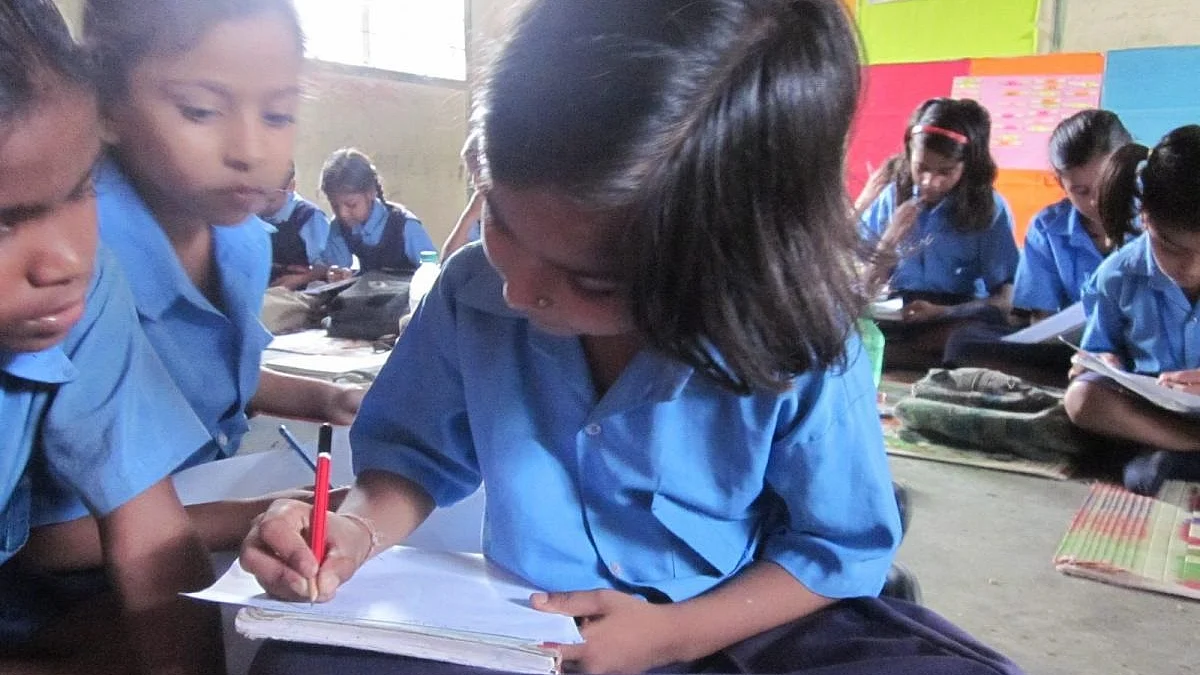Readers respond: Social distancing, Zee News editor Sudhir Chaudhary and drawbacks of on line education
The readers express their views on the issue of social distancing, health care in rural India, problems of on line education and more

Throwing caution to the wind?
I ’m a resident of New Delhi who has been housebound for most of the lockdown period, except for a few visits to buy essentials. On all occasions, the roads were totally deserted, with only emergency vehicles, and a few commercial and private vehicles visible on the road. Most shops were shuttered except grocery stores and pharmacists. I was, therefore, rather taken aback when on a trip to a market some 4-5 kms from my residence on May 12 to buy groceries, I found a substantial number of vehicles plying on the road and people milling around. Many shops had opened their doors in the market complex, perhaps owing to the government decision to let ‘standalone shops’ to be open, and vegetable and fruit vendors were choc-a-bloc with shoppers. When I discussed the situation with the grocery road owner and a few other shopkeepers, the consensus was that such a ‘relaxation’ on part of the city’s residents could be largely attributed to CM Arvind Kejriwal’s recent speech centered on the theme of ‘We’ll just have to live with the virus’ and the state government’s decision to throw open liquor shops and cigarette vendors. These apparently have given a sublingual message to people at large to venture out in large numbers, throwing all caution to the wind. The repercussions of this, as well as the expected move the Centre to exit the lockdown, even in a graded fashion, vis-a-vis the spread of COVID-19, remain to be seen in the weeks to come.
Raminderjit Kaur
What goes around, comes around
It seems that the law has finally caught up with Zee News editor-inchief Sudhir Chaudhary, against whom a FIR has been lodged at a police station in Kerala for allegedly spreading religious animosity and hurting sentiments of the Muslim community in a programme aired on the TV network on March 11. The programme hosted by Chaudhary focussed on different kinds of ‘jihad’, using a flow-chart describing them. It is indeed high time that TV anchors like Chaudhary, who misuse their electronic pulpits to spew such venom against a minority community, are brought to book by law-enforcement agencies. Such conduct is totally unacceptable in a secular and law-abiding country like ours. One can only hope that the anchor is prosecuted in a court of law and an example is set for others of his ilk not to indulge in such crass ‘journalism’.
Amitabh Sinha
Rural India: A ticking time bomb
India is facing a shortfall of 22% in the number of primary health centres (PHC) and 30% in the number of community health centres (CHC) — the first points of contact for India’s rural populace to avail of healthcare facilities. According to a media report, only 11% of sub-centres, 13% PHCs and 16% CHCs meet Indian Public Health Standards. 60% of PHCs have just one doctor while 5% have not even that — meaning, should there be an outbreak of COVID-19 in rural India, it may well be impossible to contain it.
Ritwik Joshi
School kids without laptops & tablets
I came across a news item that an NGO, Justice For All, has petitioned Delhi High Court for directions to Delhi Government to remove barriers that children belonging to Deaths of despair and the future of capitalism Mail your letters, not exceeding 150 words, to uttam.sengupta@nationalheraldindia.com EWS group or Disadvantaged Group (DG) are facing with regards to accessing online study materials and classes conducted through video conferencing. The NGO has said that such schoolchildren are being discriminated against and prevented from pursuing elementary education due to lack of laptops and tablets while children having these devices are getting education. The NGO has pointed out that advisories and circulars issued by CBSE and MHRD, praising the online means of education, failed to acknowledge the fact that there are children who come from families that cannot afford logistical tools required to have an access to online education. It also says that though the RTE Rules do not cover laptops and tablets.
Meira Sengar
Follow us on: Facebook, Twitter, Google News, Instagram
Join our official telegram channel (@nationalherald) and stay updated with the latest headlines